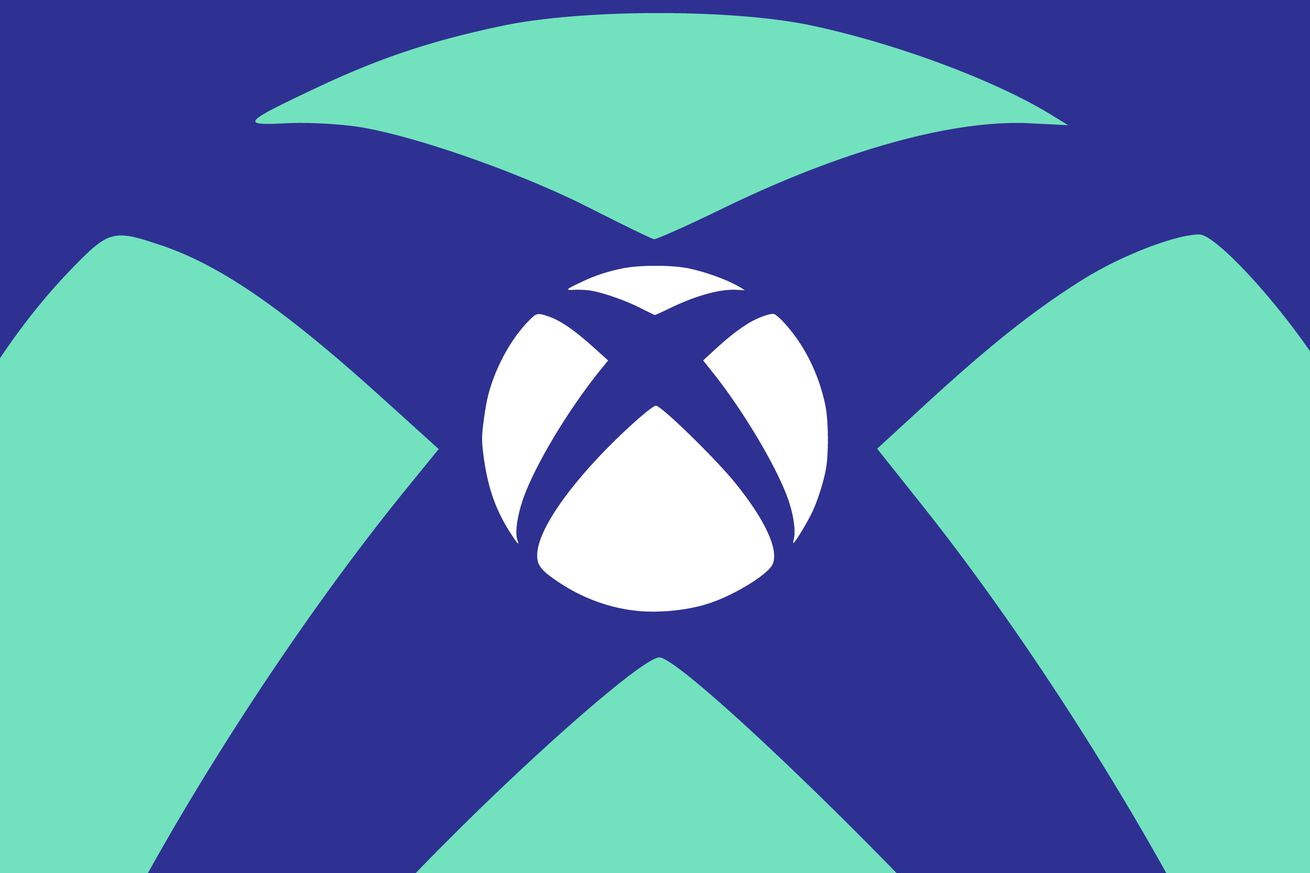
Microsoft’s Activision Blizzard deal heads to a summer showdown with regulators
Microsoft’s appeal of the UK Competition and Markets Authority’s (CMA) decision to block its proposed Activision Blizzard acquisition will head to a hearing the week of July 24th. The appeal sets Microsoft up for two summertime battles with regulators: one against the CMA and the other against the US Federal Trade Commission (FTC), which commences with an evidentiary hearing on August 2nd.
Microsoft is focusing on the CMA’s decision to block its $68.7 billion deal largely because of cloud gaming concerns. The CMA estimated that Microsoft controls around 60 to 70 percent of global cloud gaming services, and it determined that adding control of Call of Duty, Overwatch, and World of Warcraft would give Microsoft an alarming advantage in the cloud gaming market.
In a skeleton argument filed with the Competition Appeal Tribunal today, Microsoft argues the CMA analysis makes “fundamental errors,” and it seeks to rely on four expert witnesses to push for a judicial review. Microsoft claims the CMA has failed to consider the potential for switching between cloud gaming and native gaming and says it has not correctly defined the cloud gaming market. Microsoft doesn’t offer Xbox Cloud Gaming as a standalone product, for instance, with Fortnite being the only game you can stream without an Xbox Game Pass Ultimate subscription.
The difference between a standalone cloud gaming market and an add-on service looks like it will form part of the main argument between Microsoft and the CMA during the appeals process. Microsoft sees cloud gaming as a premium add-on for its Xbox subscriptions right now, whereas the CMA says, “Microsoft has a strong position in cloud gaming services and the evidence available to the CMA showed that Microsoft would find it commercially beneficial to make Activision’s games exclusive to its own cloud gaming service.”
In total, Microsoft has identified five grounds of appeal, including one where it alleges the CMA has failed to properly consider the various cloud gaming agreements it signed with competitors in the weeks leading up to the CMA’s decision. The CMA also found that Activision would have been likely to make its gaming content available on cloud gaming services regardless of Microsoft’s proposed acquisition, a belief that Microsoft calls “irrational.” Microsoft also alleges the CMA has made four errors in its findings related to the Xbox maker withholding access to Activision gaming content from rival cloud gaming services.
Microsoft had been pushing for a four-day hearing starting the week commencing July 17th, but during an initial case management conference today, Justice Marcus Smith penciled in the two weeks of July 24th and July 31st for the appeal in a six-day process in total. The CMA had been seeking to push the hearing to the fall, arguing that it needed the time to prepare a defense of its decision. It’s possible the date of the hearing could still be pushed back, but Justice Smith strongly indicated this would be unlikely.
With Microsoft’s appeal process commencing in the UK over the summer months, attention will also turn closer to home. The FTC sued to block Microsoft’s Activision Blizzard purchase last year, and that investigation is still ongoing. An evidentiary hearing is scheduled for August 2nd, just a week or so after Microsoft’s appeal hearing starts in the UK.
The FTC case may well unearth rare details on game industry exclusivity deals if documentation is made public after Microsoft and Sony lawyers have already been sparing over how many records, internal documentation, and emails from the company’s PlayStation unit should be used as evidence.
While UK and US regulators are battling it out with Microsoft, the EU approved the deal earlier this month. EU antitrust chief Margrethe Vestager even said Microsoft’s acquisition of Activision Blizzard has “significant procompetitive effects” in a speech last week discussing the CMA’s decision to block the deal. Vestager ended her speech by discussing the future of merger control and the shift in consumer habits, disruption, and consolidation in sectors.
“Our mission is to accompany that transition, one merger at a time,” said Vestager. “It is to find solutions that keep the game fair for all players, and working closely together with sister agencies as we do so. That is our Call of Duty.”

